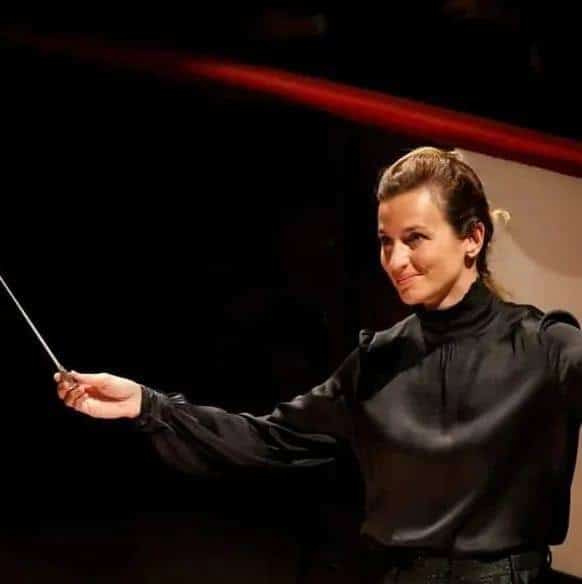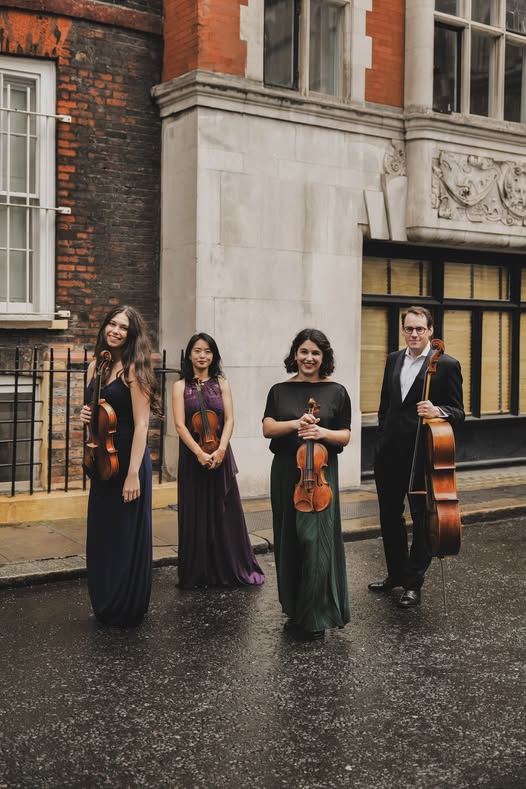No more Holy Molys
mainWhen the meditative music of Arvo Pärt and Henryk Mikolai Gorecki reached western ears in the early 1980s, it was tagged by the modernist establishment with the derogatory name of Holy Minimalism. The amount of derision piled into that conjunction is almost incalculable.
‘Holy’ meant that the two composers were the agents of organised religion, making a populist comeback under communist oppression. ‘Minimalism’ suggested that any originality in their works was derived by imitation from the American simplifications of Terry Riley, Steve Reich and Ohilip Glass – a trinity of anti-Christs for the Boulezian movement of musical progress.
Whichever way you looked at them in this light, Pärt and Gorecki were medieval throwbacks who had nothing to add to contemporary discourse… or such was the official line.
How wrongful and mistaken that analysis was is revealed in Simon Broughton’s remarkable new film on the two composers, which airs Friday night on BBC-4 and can be accessed online (UK only) through the BBC i-Player. Putting both men into their prior context with rare archive footage, Broughton shows how each emerged from a fixation with Boulezian modernism – forbidden in Communist Europe – to find their own voices, independent and largely ignorant of American minimalism.
Pärt had no relgious background whatsoever, either as a boy growing up or as an adult. His wife was Jewish, a device that enabled them both to escape Soviet-ruled Estonia in 1972. The meditative aspect of his music was the product of a two-year composing hiatus in mid-1970s Vienna, a block that was resolved by the slow rhythms of Fratres and Tabula Rasa.
Gorecki, a churchgoer all his life, wrote atonally in the 1960s and discovered simplicity chiefly as a means to protest at the destruction wrought by communist industrialisation. Living in Katowice, with the smokiest chimnies in Europe, his music had green elements as well as a stubborn faith in the power of Roman Catholicism to triumph over state atheism – a faith vindicated by the election of Pope John Paul II.
Broughton’s film is an important corrective to many of the misnomers about these two composers whose popularity and importance is increasing as modernism’s wanes. It also also affords us the very rare chance to see Pärt explaining his music.





Norman,
You’ve mentioned this idea of Eastern European musical minimalism emerging sui generis before, but I’m not sure that the situation is quite as simple as that. I don’t want to repeat myself here, so I’ll simply link to the blog post I wrote the first time you brought up this idea:
http://johnsonsrambler.wordpress.com/2007/08/21/minimalism-pole-to-pole/
See also the comments below it.
NL replies: A performance now and then in Warsaw, Tim, does not change the case. Gorecki seldom left Katowice and Pärt was even more shut off from outside influence. In the two conversations I’ve had with Gorecki has has mentioned US composers only to deny any knowledge of them.
i’ve always liked Part, but his last few releases have left me disappointed. It’s not so much that he is repeating himself, but more that his attempts to write for bigger orchestral ensembles is less convincing than it ought to be.
His lastest work isn’t particularly memorable either, which is a complete no-no for the ‘genre’.
Still, i have nothing but respect for him, even if his music isn’t all the rage now like it was in the 90’s.